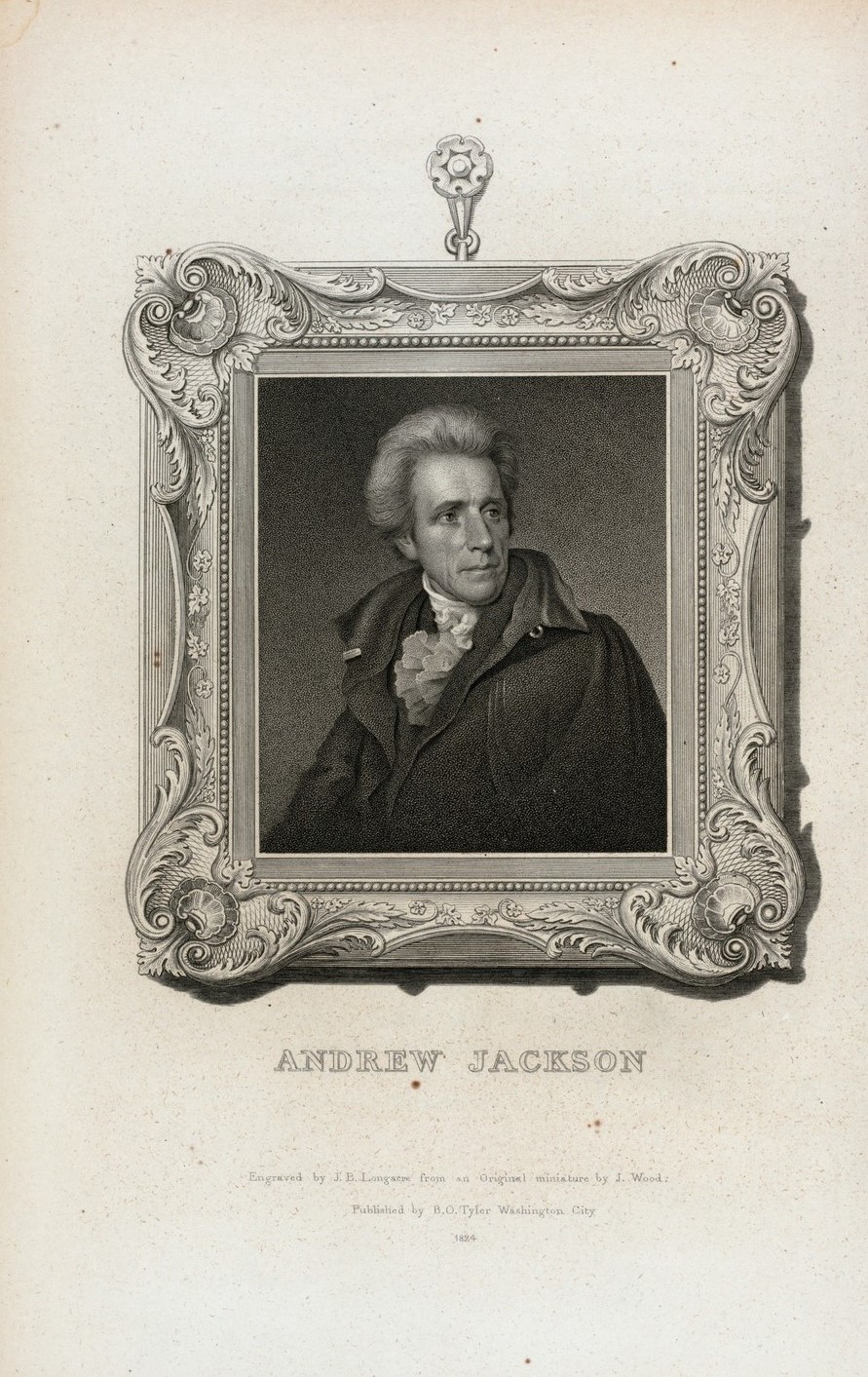Authors:
Historic Era: Era 4: Expansion and Reform (1801-1861)
Historic Theme:
Subject:
Winter 2020 | Volume 64, Issue 1


Authors:
Historic Era: Era 4: Expansion and Reform (1801-1861)
Historic Theme:
Subject:
Winter 2020 | Volume 64, Issue 1
David S. Reynolds is Distinguished Professor at the City University of New York and the Bancroft Prize-winning author or editor of 15 books about American history, literature and culture, including Mightier than the Sword: Uncle Tom's Cabin and the Battle for America and Walt Whitman's America. Prof. Reynolds eloquently described the time of Andrew Jackson in Waking Giant: America in the Age of Jackson. We are grateful to him for giving us this thoughtful look at Old Hickory and his impact on our nation.
--The Editors

The years from 1815 through 1848 were arguably the richest in American life, if we view the whole picture of society, politics, and culture. The United States moved rapidly toward its eventual place as the world’s major power. Through treaties and the Mexican War, it gained vast western territories extending across the continent all the way to the Pacific Ocean. Its population nearly tripled, surpassing twenty-two million by 1848. Expansion was fanned by an intense nationalism that gave rise to Manifest Destiny, the phrase coined in John L. O’Sullivan’s Democratic Review that expressed the nation’s determination to move westward and spread democracy. The Monroe Doctrine solidified America’s place in the Atlantic, and the so-called Tyler Doctrine extended it in the Pacific.
Debates still swirl around the period’s central figure, Andrew Jackson, who rose to fame in 1815 at the Battle of New Orleans and later served two terms as president, aggressively defending average Americans against moneyed institutions. Was Jackson good or bad for America? A savior of the people or a reckless autocrat? Democracy’s champion or a lawbreaking white supremacist?
Jackson had many deep flaws, but there was also much to admire about him, including his strengthening of presidential power essential to maintaining the American Union in a time of escalating sectional crises. His shortcomings reflected his era, as did those of other great leaders, from Jefferson to Lincoln. But understanding Jackson, perhaps more than most leading Americans of his time, requires an ability to resist either vilification or veneration, to see the man whole — his failings as well as his successes.
The son of Scotch-Irish immigrants, Jackson had been raised in the backcountry of South Carolina, where he received a haphazard education. During the Revolution he joined the patriots in the Battle of Hanging Rock and was taken captive. A British officer whose boots he refused to polish slashed him with a sword, leaving his head and his left hand scarred for life. He inherited money from his grandfather but wasted it on loose living. Impoverished, he studied the law — without reading a law book completely through, it was said — and was admitted to the bar, moving west to serve as a public prosecutor in Tennessee. He was married in 1791 to Rachel Donelson Robards, who mistakenly believed she had won a legal divorce from her first husband. Two years later a